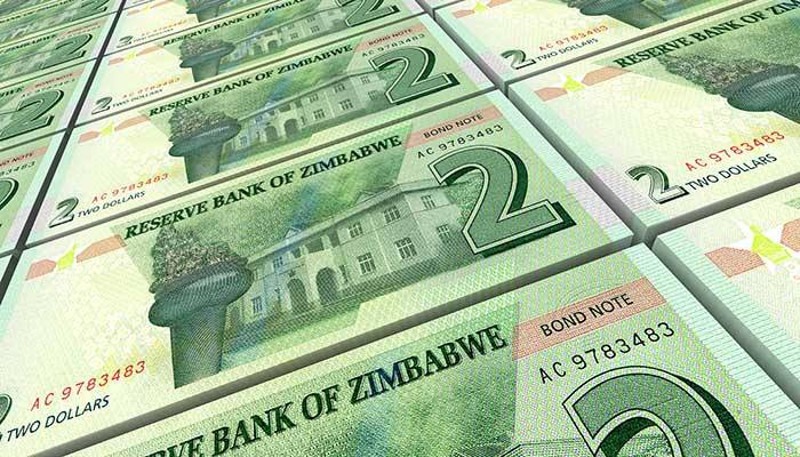
Editorial Comment
LESS than a year after government, through advice from some aliens in outer space, decided to hurriedly resuscitate the Zimdollar which had long been buried for over a decade after being mauled dead in February 2009 by a rabid 89,7 sextillion percent hyperinflation, the economy is fast re-dollarising again. The Zimbabwe dollar’s June 2019 forced reintroduction came despite sound advice that this was a premature move given that the country had not yet achieved production levels good enough to support a local currency. At the time the Zimdollar was revived the country also hardly had any foreign currency reserves to write home about, which largely meant that the currency was doomed from day one.
Now we hear that government has ordered that businesses charging in foreign currency should pay their tax obligations in foreign currency, a clear admission that de-dollarisation has all but flopped big time. One would have thought that, because it is illegal to transact locally in foreign currency, the government would be inclined to heavily punish those businesses which are asking payment for their goods and services in foreign currency. Is this latest development not proof enough that the Zimdollar is definitely failing to hold its own? So what does it mean if all businesses decide to sell their goods and services in foreign currency and be prepared to pay their taxes in foreign currency? Shouldn’t the authorities simply swallow their pride and re-dollarise because sooner or later everyone will be asking for foreign currency for their goods and services.
But given the fact that a huge chunk of the country’s business is conducted in the opaque informal sector, it will be difficult for the tax collector to collect what belongs to them from this very grey economy. If only the authorities had chosen to listen to earlier sound advice not to rush to re-introduce the local currency, the situation could probably be very different. Moreover, if government had been sincere and serious from the word go about bringing back the local currency it should not have shilly-shallied about it.
From day one, government was never committed to de-dollarise the economy because immediately after banning the use of mainly US dollars in local transactions, it allowed certain entities such as the mines to pay for electricity in foreign currency. Government itself also collected import duties in foreign currency. All this was proof enough that the Zimdollar was heading nowhere.
And given the confused state of the economy, if it is difficult for the country to re-dollarise then the government may as well take the Rand Union route which it has been resisting for years. Until recently, the Zimdollar has held its own against the rand at 1:1 meaning that the rand, already acceptable in the country’s southern region, can easily be adopted as a more plausible alternative.
However, knowing the authorities’ headstrong inclinations, they would rather slog on down the highway to doom than act sensibly to save the situation.











